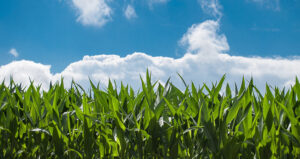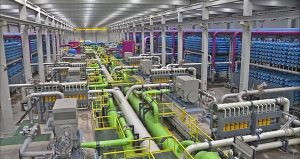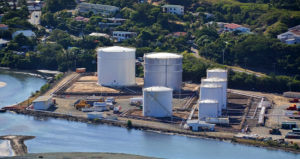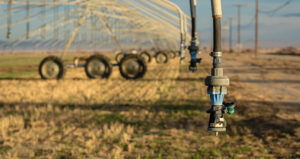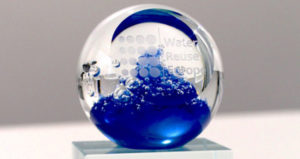EC presents guidelines for water reuse in agriculture
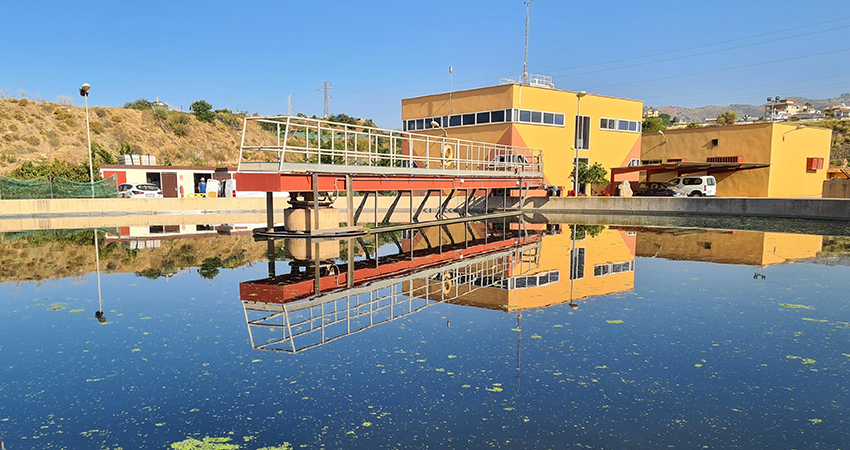
-
 Esther Rasenberg
Esther Rasenberg
Share article:
Water reuse of communal wastewater in agriculture needs to be controlled by competent authorities, and requires permits and penalties for infringements. These are a few of the practical guidelines that the European Commission published the 3rd of August to help Member States and stakeholders apply the rules on safe reuse of treated urban wastewater for irrigation.
The Water Reuse Regulation will enter into force in June 2023. The guidelines set out requirements for minimum water quality, risk management and monitoring. “Today’s guidelines can help us do just that and secure safe circulation, across the EU, of food products grown with reclaimed water”, said European Commissioner for the Environment, Fisheries and Oceans Virginijus Sinkevičius.
National water regulation
At this moment Member States are working on a legal framework to include water reuse regulation into national water laws. The minimum requirements in the European Water Reuse directive are concentrating on reducing pathogens. There are no requirements for micro plastics, pesticides and medical residues. Member States may decide to add regulation for this kind of substances in national water laws. In that particular case additional treatment steps on communal Wastewater Treatment Plants (WWTP’s) will be necessary.
Exemptions for pilot projects
The European Commission advises in the guideline to include exemptions for research and pilot projects in the national regulations. In that case the competent authority must ascertain that the research or pilot project will not be carried out within a water body used for the abstraction of water intended for human consumption or inside a safeguard zone. Also the research or pilot project has to be subject to appropriate monitoring. Exemptions may not last longer than five years. In addition, no crops grown in a research or pilot project exempted from this Regulation can be placed on the market.
Extra treatment
Under the new legislation, treated urban wastewaters, which have already undergone treatments under the rules of the Urban Wastewater Treatment Directive, will be subjected to further treatment to meet the new minimum quality parameters to become suitable for use in agriculture. Until now the main objective of wastewater treatment plants is discharge. Adding an extra treatment step would in most cases be sufficient to meet the minimum requirements.
Objectives
By setting minimum requirements Brussels wants to ensure the safety of reusing wastewater and increase citizens’ confidence in agricultural produce in the internal EU market. This harmonised approach will also facilitate the smooth functioning of the internal market for agricultural produce. Reusing wastewater will also help to increase water availability.

